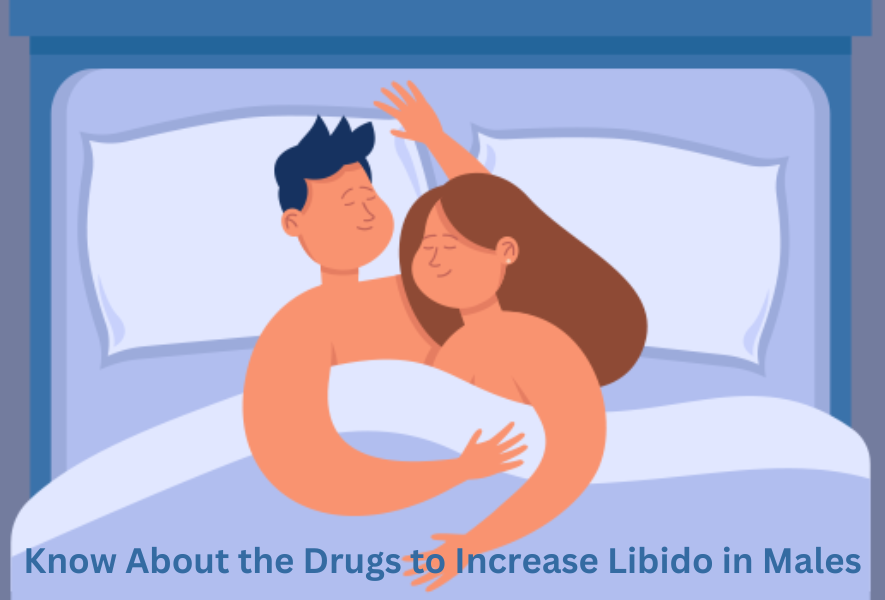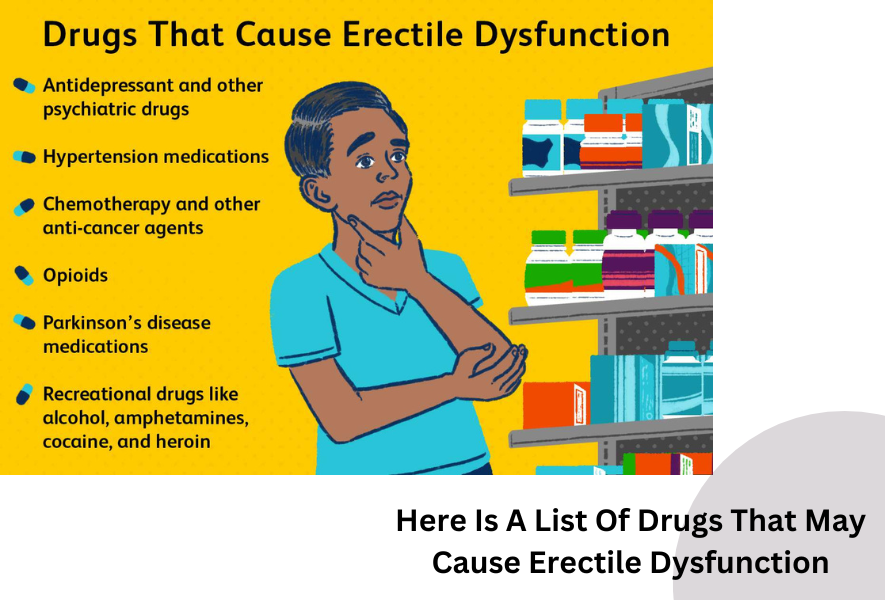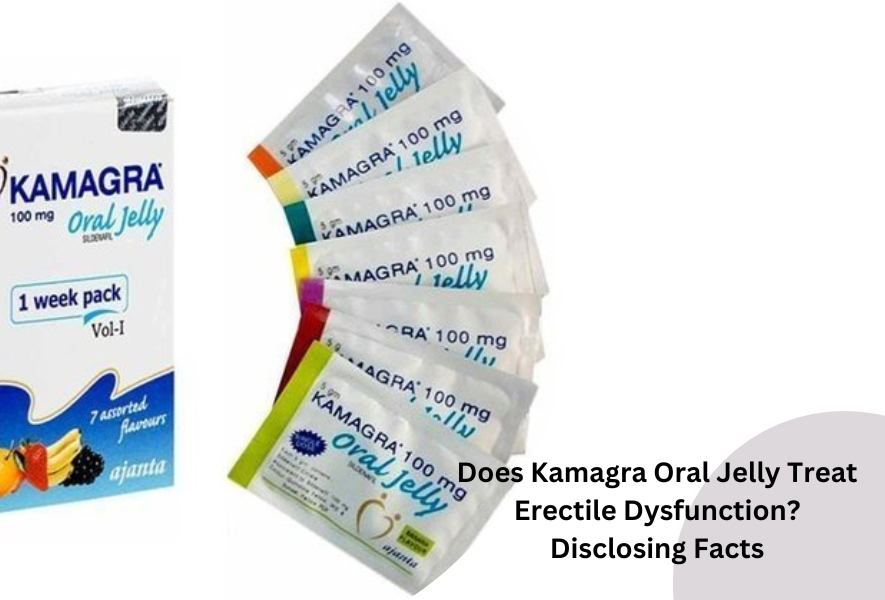Can Masturbation Lead to Erectile Dysfunction? Separating Fact from Fiction
Introduction
Masturbation is a natural and common activity for many people, regardless of gender or age. However, there’s a prevailing myth that excessive masturbation can lead to erectile dysfunction (ED). In this blog, we’ll delve into this topic, exploring the relationship between masturbation and ED, separating myths from facts, and providing insights into maintaining sexual health.
Understanding Erectile Dysfunction
Before we explore the potential link between masturbation and ED, it’s crucial to understand what erectile dysfunction entails. Erectile dysfunction refers to the inability to achieve or maintain an erection firm enough for sexual intercourse. It can be caused by various factors, including physical conditions like cardiovascular issues, hormonal imbalances, and psychological factors such as stress, anxiety, or depression.
Debunking Myths: Masturbation and Erectile Dysfunction
One of the common misconceptions surrounding masturbation is that frequent self-pleasure can lead to ED. However, there’s little scientific evidence to support this claim. In fact, masturbation is considered a normal part of human sexuality and can have several benefits, including stress relief, improved mood, and better sleep quality.
Understanding Masturbation and Sexual Health
Masturbation is a safe and healthy way to explore one’s sexuality. It does not cause physical harm or lead to medical problems like erectile dysfunction. In fact, regular masturbation may have some benefits for sexual health. For example, it can help individuals become more familiar with their bodies and sexual responses, leading to enhanced sexual experiences with partners.
Exploring the Relationship: Masturbation and Erectile Dysfunction
While there’s no direct link between masturbation and erectile dysfunction, excessive masturbation may sometimes coincide with symptoms of ED. However, it’s essential to recognize that correlation does not imply causation. Factors such as stress, performance anxiety, relationship issues, or underlying health conditions are more likely to contribute to erectile problems than masturbation itself. Erectile Dysfunction Pills: Vidalista 40 mg | Sildalist 120 | Sildalist strong 140 mg
Maintaining Sexual Health: Tips and Strategies
To maintain sexual health and reduce the risk of erectile dysfunction, consider adopting the following strategies:
- Maintain a Healthy Lifestyle: Engage in regular exercise, eat a balanced diet, and avoid smoking and excessive alcohol consumption. These habits can improve overall health and contribute to better sexual function.
- Communicate with Your Partner: Open communication with your partner about sexual desires, concerns, and preferences can strengthen your relationship and alleviate performance pressure.
- Manage Stress: Find healthy ways to cope with stress, such as practicing mindfulness, yoga, or deep breathing exercises. Stress management techniques can help reduce anxiety and improve sexual function.
- Seek Professional Help: If you’re experiencing persistent erectile difficulties, consider seeking guidance from a healthcare provider or a therapist specializing in sexual health. They can assess your situation and provide appropriate treatment options.
Conclusion
In conclusion, there’s no evidence to suggest that masturbation directly causes erectile dysfunction. Masturbation is a normal and healthy aspect of human sexuality, and it does not pose any significant risks to sexual health. While excessive masturbation may coincide with symptoms of ED in some cases, other factors such as stress, anxiety, and underlying health conditions are more likely to be the primary contributors. By maintaining a healthy lifestyle, communicating openly with partners, managing stress, and seeking professional help when needed, individuals can promote sexual well-being and address any concerns related to erectile function effectively. Remember, sexual health is an essential component of overall well-being, and it’s essential to approach it with understanding, communication, and care.






